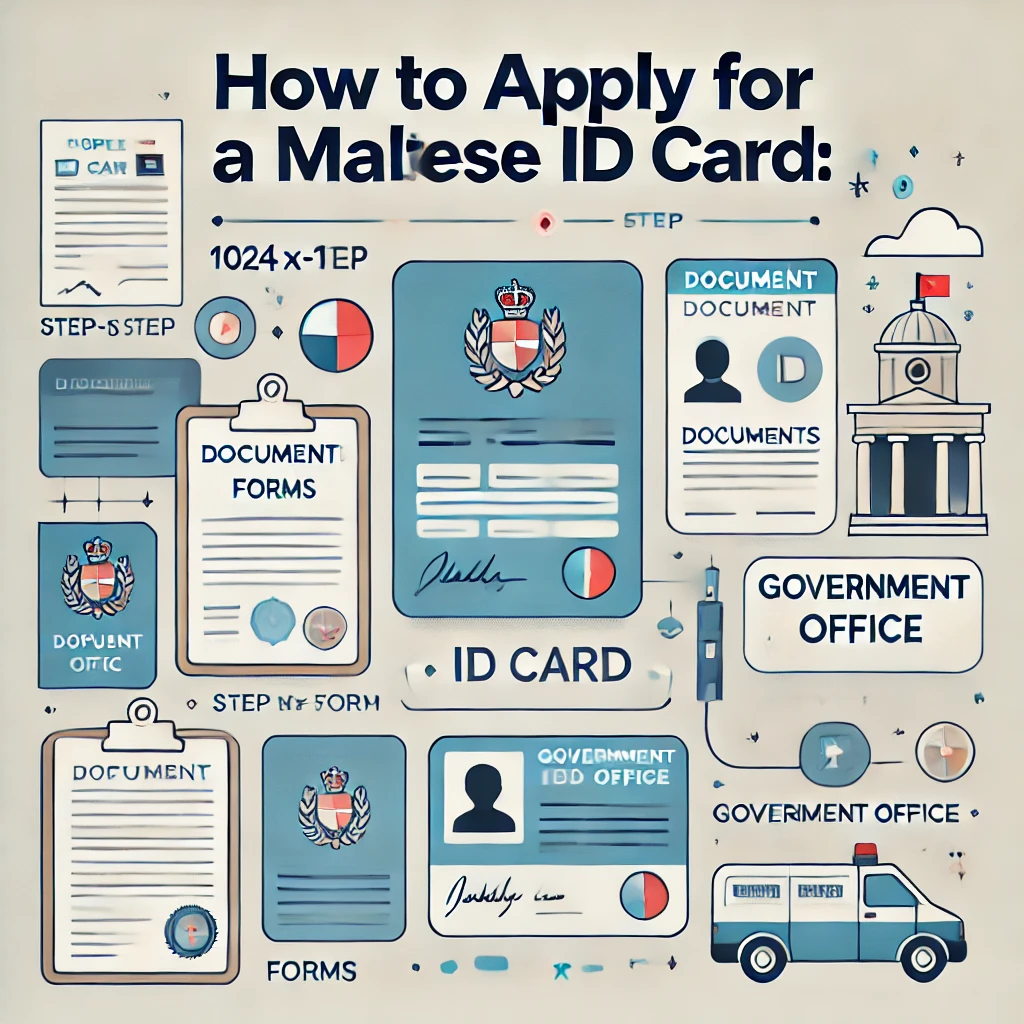Introduction
Malta, an island gem in the Mediterranean, has become a popular choice for expats seeking sunshine, a vibrant culture, and career opportunities. From residency permits to healthcare, expats in Malta often have essential questions as they plan their move. Here’s a comprehensive guide addressing the top inquiries expats have about living in Malta to help you settle smoothly on the island.
1. Residency and Work Permits in Malta: What Expats Should Know
One of the first things expats wonder is how to obtain residency in Malta. The island offers various pathways:
- Malta Permanent Residence Programme: This route is ideal for those who plan on long-term living in Malta, with requirements like property investments and proof of financial stability.
- Nomad Residence Permit: Designed for remote workers, the Nomad Residence Permit provides residency without requiring local employment.
For non-EU nationals, a work permit is necessary. Malta’s government typically expects employers to help with the employment license process.
Tip: EU, EEA, and Swiss citizens do not require a work permit, making Malta an attractive option for European professionals.
2. Understanding the Cost of Living in Malta
Expats in Malta often inquire about the cost of living, as it can differ significantly depending on lifestyle and location. Here’s a snapshot of common expenses:
- Rent: Expect to pay around €800 monthly for a one-bedroom apartment in city centers, while suburban areas might be more affordable.
- Utilities and Groceries: Generally considered budget-friendly, with average monthly utility bills around €80 and groceries comparable to other European countries.
Pro Tip: Malta’s cost of living is influenced by location. Consider nearby islands like Gozo for lower housing costs.
3. Healthcare in Malta for Expats: Public vs. Private
Malta’s healthcare system offers both public and private options, known for their high quality.
- Public Healthcare: EU citizens with a European Health Insurance Card (EHIC) can access public services, while non-EU citizens are advised to have private health insurance.
- Private Healthcare: Many expats choose private healthcare for faster service and additional treatment options.
Note: Private insurance is a good choice for expats needing comprehensive coverage.
4. Should You Rent or Buy Property in Malta?
Housing is a major consideration for expats in Malta. Both renting and buying have their benefits:
- Renting provides flexibility and is ideal for newcomers adjusting to the island.
- Buying Property can be a wise investment due to Malta’s favorable tax regime and an ever-growing real estate market.
Insider’s Advice: Expats can purchase property, but consult a local real estate agent to navigate the process smoothly.
5. Education in Malta: Options for Expat Children
Families moving to Malta often ask about schooling options for their children. Malta has several reputable international schools:
- Curricula options include British and International Baccalaureate (IB) systems.
- Language of Instruction: Schools mainly use English, and some also offer Maltese as part of the curriculum.
Tip for Families: Research schools early, as international schools can have waiting lists.
6. Do You Need to Learn Maltese in Malta?
Maltese is the national language, but English is also an official language widely spoken across the island. Expats can easily communicate in English in daily life.
Quick Tip: While not necessary, learning basic Maltese phrases can enrich your experience and connect you with locals.
7. Transportation in Malta: Getting Around
Public transportation is available throughout Malta, though it can be inconsistent.
- Buses are the primary mode of public transportation.
- Driving is common, with Malta following left-hand traffic. Expats may find renting a car essential, especially if living outside major cities.
Driving Tip: Malta’s roads are narrow, so smaller vehicles are preferred.
8. Social Life in Malta: How Expats Can Connect with Locals and Fellow Expats
Building a social network is crucial for any expat. Here are some ways to integrate into the community:
- Join Clubs and Groups: Malta has various expat and interest-based clubs.
- Community Events: Local events, festivals, and meet-ups are popular ways to socialize and connect.
Advice for Expats: Check social media and expat forums to find local events tailored to newcomers.
9. Weather in Malta: What to Expect Year-Round
Malta boasts over 300 days of sunshine, perfect for those who love warm weather. Here’s a quick climate overview:
- Summer: Hot and dry, often reaching above 30°C.
- Winter: Mild, with occasional rain, averaging around 15°C.
Packing Tip: Lightweight clothing is ideal for Malta’s warm climate, with a few layers for the cooler winter months.
10. Is Malta a Safe Place to Live?
Safety is a common question, especially for families. Malta is known for its low crime rates, making it a safe and welcoming environment for expats.
Safety Insight: Neighborhoods like Sliema, St. Julian’s, and Mellieha are popular for expat families due to their safety and family-friendly amenities.
Conclusion
Malta offers expats a unique blend of Mediterranean charm, modern amenities, and a warm community. With this guide, you’re well-equipped to navigate life on the island, from finding a place to live to understanding the local healthcare system. Ready to make the move? Malta awaits with open arms, sandy beaches, and a vibrant lifestyle perfect for expats seeking a new adventure.


